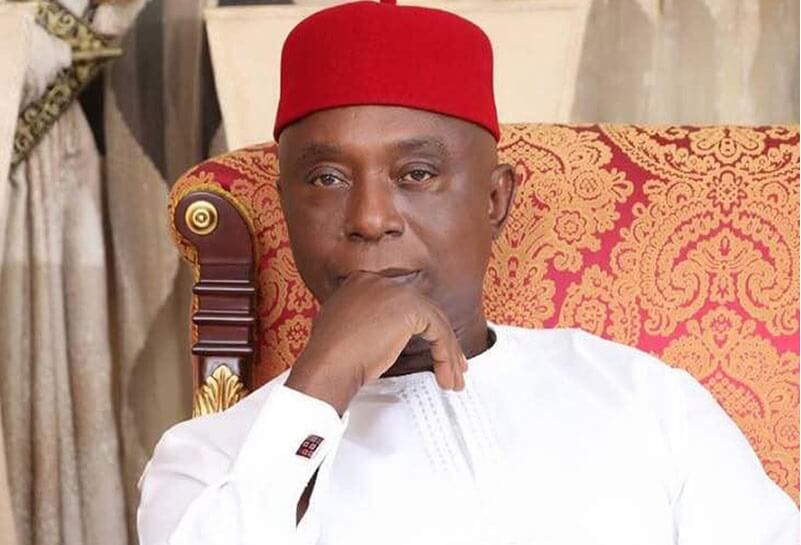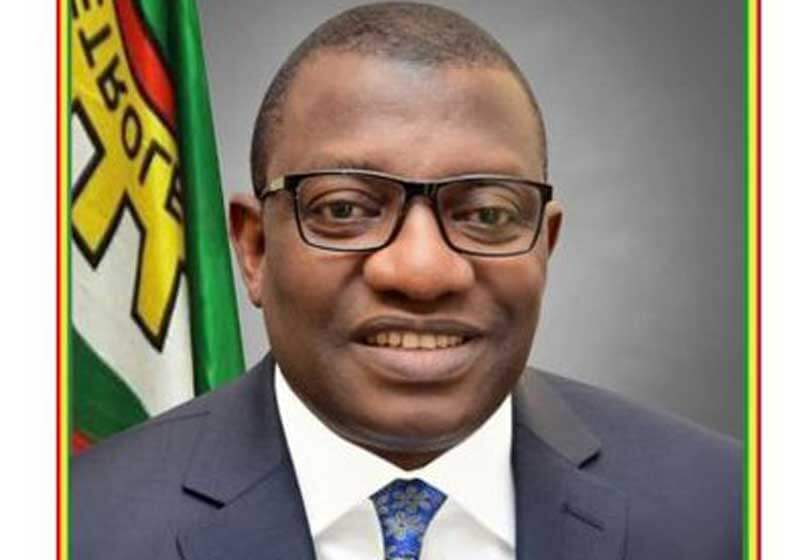OPINION: Ned Nwoko’s Footsteps To Eradicate Malaria

In China, you can be bitten by mosquitoes all through the night but you need not worry. China most likely doesn’t have FEMALE ANOPHELES MOSQUITOES (Anopheles is a genus of Mosquito first described by the German entomologist J.W. Meigen in 1818, and are known as nail mosquitoes and marsh mosquitoes which are parasites or vectors of the parasite plasmodium , a genus of protozoans that cause malaria in birds, mammals, including humans).
In 2005, I was the only print journalist from Nigeria and then one more TV journalist from the Nigerian Television Authority that were chosen as representatives of Nigeria in a trip of African Journalists to China that lasted quite sometimes. The Chinese government funded the lavish trip to some 8 big cities of China including Shanghai, Beijing, and Chongqing: a beautiful city of 31.91 million people.
So I asked why their mosquitoes which I encountered severally are so friendly and to my greatest delight, I was told that China has conquered malaria. Of course in all of Europe, USA and so much of the advanced societies, Malaria has been sentenced to death. But Nigeria and her interesting political leadership seem to be in bed with FEMALE ANOPHELES MOSQUITOES so much so that we have refused to defeat malaria. But one politician stands out as someone interested profoundly in seeing to it that Malaria is wiped off from the face of the Nigerian nation and he is Senator Ned Nwoko. Before delving into the raison for saying so of Ned Nwoko, let us repeat a key fact.
The key fact is that Malaria, a preventable and treatable disease, remains one of the deadliest public health challenges facing Nigeria today. Despite advances in medicine and global health, Nigeria still bears the highest burden of malaria cases and deaths globally. According to the World Health Organization (WHO), Nigeria accounted for an estimated 31.3% of global malaria deaths in 2021. This shocking statistic demands urgent and innovative responses — responses like those already championed by Distinguished Senator Prince Ned Munir Nwoko.
Senator Ned Nwoko, representing Delta North Senatorial District, stands out as a rare Nigerian political leader who has combined vision, advocacy, and personal commitment in the battle against malaria. In 2020, he personally embarked on an ambitious project: to eradicate malaria from Nigeria and, eventually, Africa. His “Malaria Eradication Project” focuses on a two-pronged approach: environmental sanitation (including nationwide fumigation) and vaccine development.
Nwoko’s anti-malaria initiative gained international attention when he embarked on an expedition to Antarctica to draw global attention to the malaria burden in Africa. As the first Nigerian to undertake such a journey, his trip symbolized the seriousness of the campaign: malaria eradication must be pursued with the same urgency and visibility as the global fights against polio, Ebola, and now COVID-19.
Nwoko’s model is scientifically sound. He understands that malaria thrives in environments where mosquito breeding grounds (stagnant water, waste, and poor drainage systems) are prevalent. His advocacy for environmental fumigation alongside vaccine development recognizes that fighting malaria requires both immediate and long-term strategies. Vaccines, such as RTS, S (Mosquirix), recently recommended by WHO, and the R21/Matrix-M vaccine developed by Oxford University, offer hope for future generations. However, breaking transmission cycles now demands aggressive environmental control, a method successfully employed in countries that have defeated malaria.
Senator Nwoko’s efforts are not merely idealistic; they are backed by proven models. Historically, the United States eliminated malaria in the 1950s through a program combining environmental management, widespread fumigation, effective treatment, and community mobilization. Similarly, countries in Europe eradicated malaria decades ago using rigorous public health campaigns. Even more recently, China, once a malaria-endemic country, was declared malaria-free by the WHO in 2021, thanks to its holistic and consistent investment in healthcare infrastructure, environmental reforms, and scientific research.
Africa is also witnessing success stories. South Africa, Algeria, and Mauritius are examples of African countries that have achieved zero indigenous cases of malaria or significantly reduced its incidence. They did not achieve this miracle by mere rhetoric but through intentional funding, government commitment, private sector collaboration, and strong community participation. Nigeria has no excuse.
Nigeria’s federal and state governments must immediately prioritize malaria eradication as a national emergency. For decades, malaria has drained our productivity, strained our fragile health systems, killed millions, and robbed countless families of their future. Yet, malaria eradication efforts in Nigeria have often been piecemeal, donor-dependent, and lacking in the kind of strategic ambition demonstrated by Senator Nwoko.
Governments at all levels must invest directly and massively into:
- Environmental Management: Launching coordinated national and state-level sanitation campaigns, clearing drains, removing refuse, and fumigating mosquito breeding grounds.
- Scientific Research and Vaccine Development: Supporting local researchers and funding vaccine trials to ensure that effective and affordable vaccines are developed, deployed, and made accessible.
- Healthcare Infrastructure: Strengthening rural and urban healthcare facilities to ensure early detection and treatment of malaria cases.
- Mass Mobilization: Conducting public education campaigns to change behavior around sanitation, use of insecticide-treated nets, and prompt health-seeking behaviors.
- Legislation and Policy: Enacting laws that mandate sanitation standards and fund continuous malaria eradication programs beyond political tenures.
It is imperative that governments, donor agencies, and stakeholders consult Senator Ned Nwoko and leverage his extensive groundwork. His “Malaria Eradication Project” has already mapped out scientifically viable strategies. The Senator has demonstrated an understanding of the nexus between leadership and public health outcomes. His personal sacrifices, financial investments, and global advocacy show that this is not a political gimmick, but a lifelong commitment.
Nwoko’s malaria eradication advocacy remains a defining crusade that aligns perfectly with global best practices.
The Federal Government must seize this moment and launch a “Nigeria Malaria Eradication Campaign 2030”; with a bold vision to eliminate malaria as a public health threat within the next five years. Such a campaign should be modeled after Senator Nwoko’s template, backed by significant budgetary allocations, strict accountability, and non-partisan national consensus.
Nigeria must understand that malaria is not just a health issue. It is an economic issue, a development issue, and a human rights issue. Malaria disproportionately affects the poor, women, children, and rural communities. Its eradication would unleash a wave of productivity, education, and prosperity.
The World Bank estimates that malaria costs Africa over $12 billion in lost productivity every year. How can we expect to build a prosperous nation if we continue to allow mosquitoes to sabotage our future?
Other nations have proven that malaria can be defeated. They did not possess superpowers that Nigeria lacks. What they had was political will, scientific foresight, and the courage to invest in their people. Senator Ned Nwoko has shown that leadership on this issue is possible.
President Bola Ahmed Tinubu, the Nigerian Governors’ Forum, the Federal Ministry of Health, and all development partners must rally around this cause. Senator Nwoko’s door should be knocked. His blueprints should be studied. His insights must be adopted.
Nigeria can lead Africa in eliminating malaria. We can free millions from preventable deaths. We can save billions lost annually to treatment costs and lost productivity. We can affirm that no Nigerian child should die simply because they were unlucky enough to be bitten by a mosquito.
Emmanuel Onwubiko is the founder of the HUMAN RIGHTS WRITERS ASSOCIATION OF NIGERIA.
OPINION: Ned Nwoko’s Footsteps To Eradicate Malaria is first published on The Whistler Newspaper


